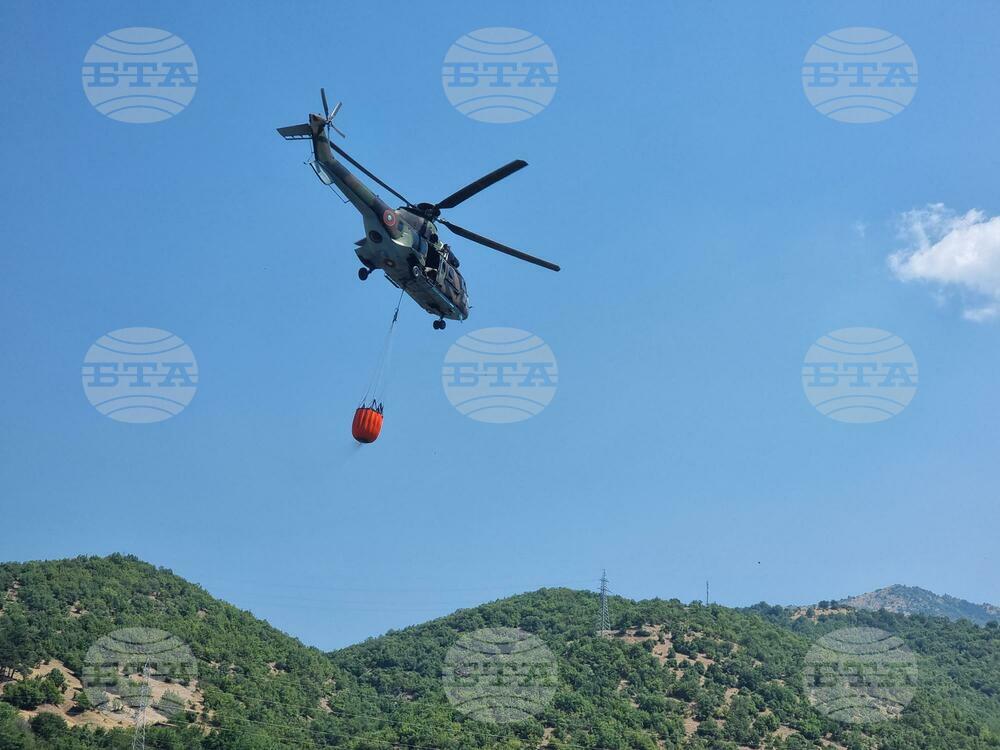site.btaWWF Bulgaria Calls for Adequate Fire Prevention, Greater Support for Volunteers


The World Wildlife Fund (WWF) in Bulgaria is calling for adequate fire prevention and greater support for volunteer firefighting teams. The prevention system in Bulgaria suffers from insufficient funding, lack of coordination and outdated equipment, said Neli Doncheva, Forest Programme Manager at WWF Bulgaria, quoted in a press release from the organization. According to her, the monitoring and early warning systems do not cover all risk areas.
“We do not have specialized helicopters or aircraft for extinguishing fires from the air. A key role in controlling forest fires is played by forestry and hunting staff, supported by volunteer groups, who do not receive the necessary support from the state,” Doncheva said, adding that the public is not sufficiently informed about the extent of the threats posed by forest fires.
The establishment of a national system for rapid detection and response to fires is one of WWF Bulgaria's proposals for improving the fire situation. There are only 22 fire observation towers equipped with sensors, thermal imaging cameras and early fire detection systems that can transmit information in real time, the organization reports.
Another proposal by conservationists is to ban open fires and fire-related activities within 100 metres of forest boundaries during the fire season. They believe that municipal mayors should strengthen controls, especially in agricultural areas, to enforce the ban on burning stubble and other plant residues.
The organization believes that educational campaigns on protecting forests from fires should also be a priority for the responsible institutions. WWF can also be of help by organizing information campaigns aimed at changing people’s behaviour in forests during the fire-prone months, said Kostadin Valchev, senior expert in WWF’s Forest Programme. “We have the necessary expertise to investigate the damage caused by forest fires and also to participate in the restoration of burned forest areas,” he added.
The state must provide funds for the technical support of volunteers, the experts believe. The organization points out that a total of 273 volunteer groups are registered in Bulgaria and 90% of municipalities have such groups. “Their contribution is particularly significant in extinguishing fires in hilly and mountainous areas that are inaccessible to specialized firefighting equipment,” WWF Bulgaria commented.
Most forest fires in Bulgaria are the result of human activity. Fires destroy the homes of hundreds of wild animals and always claim victims, warns Elena Gancheva, Fundraising Manager at WWF Bulgaria.
The main causes of forest fires in Bulgaria are related to human activity. Over 90% of fires were caused by deliberate human intervention or negligence. Only in two to four cases was the cause of the fire natural, most often due to lightning strikes, according to a recent WWF analysis.
/VE/
news.modal.header
news.modal.text